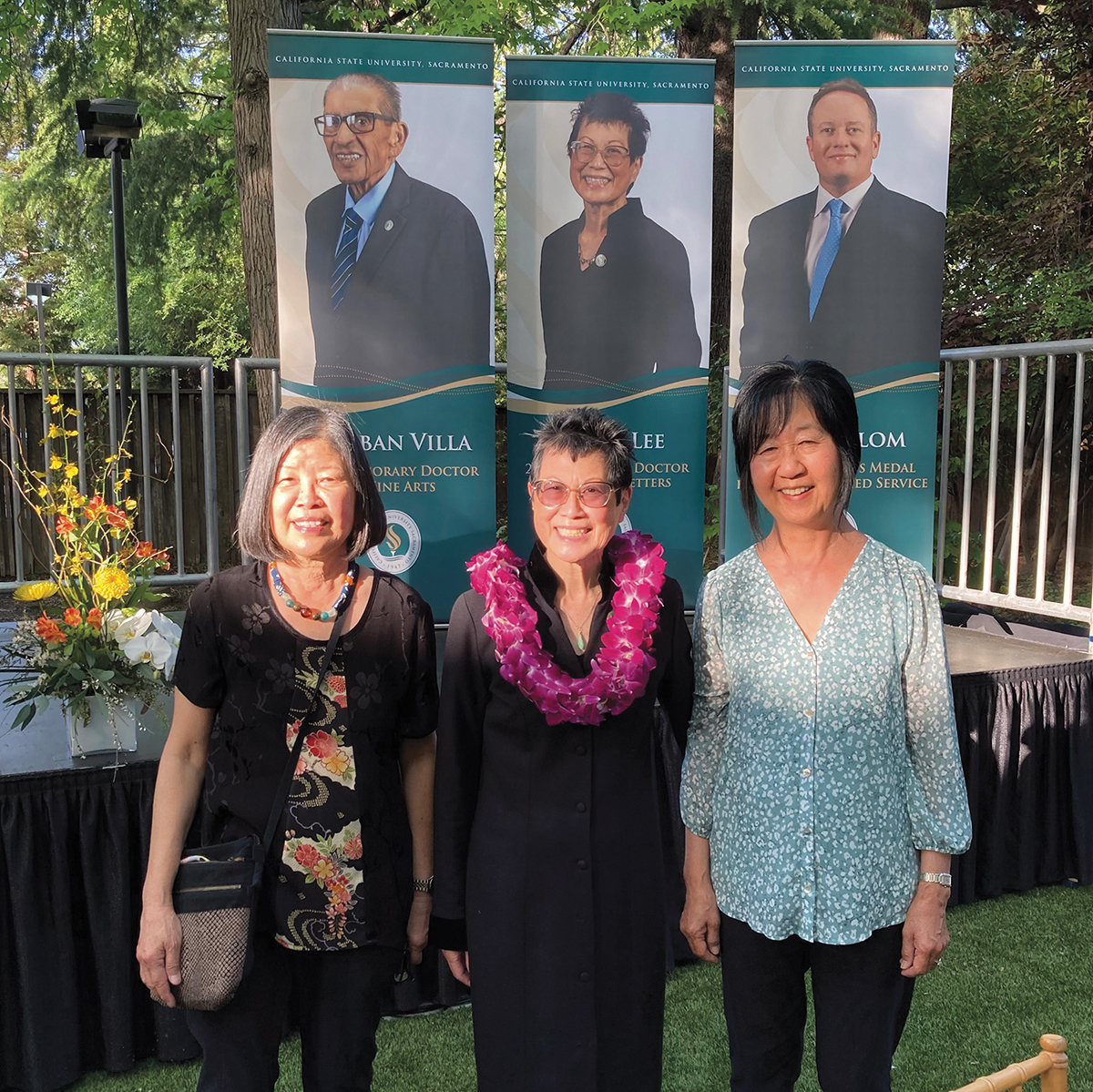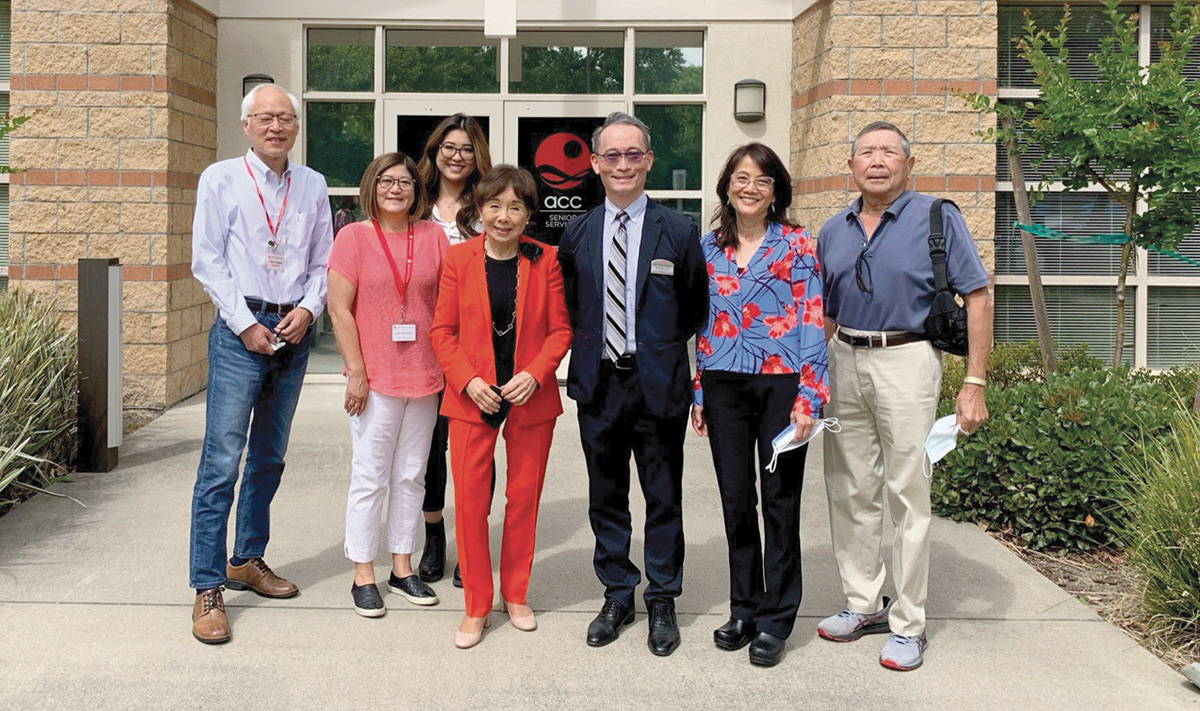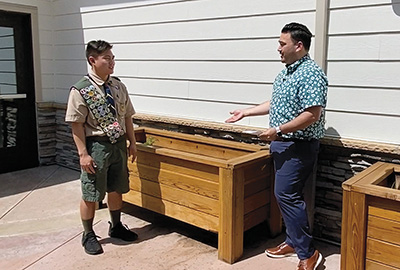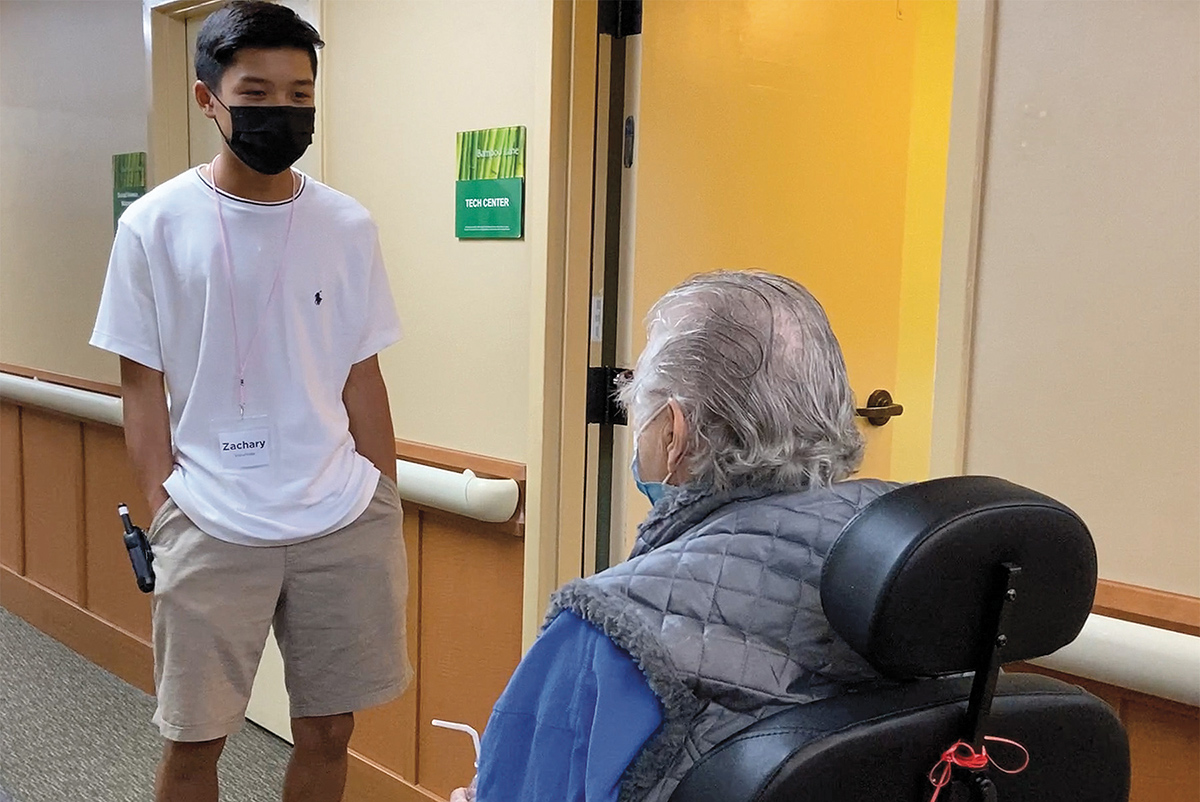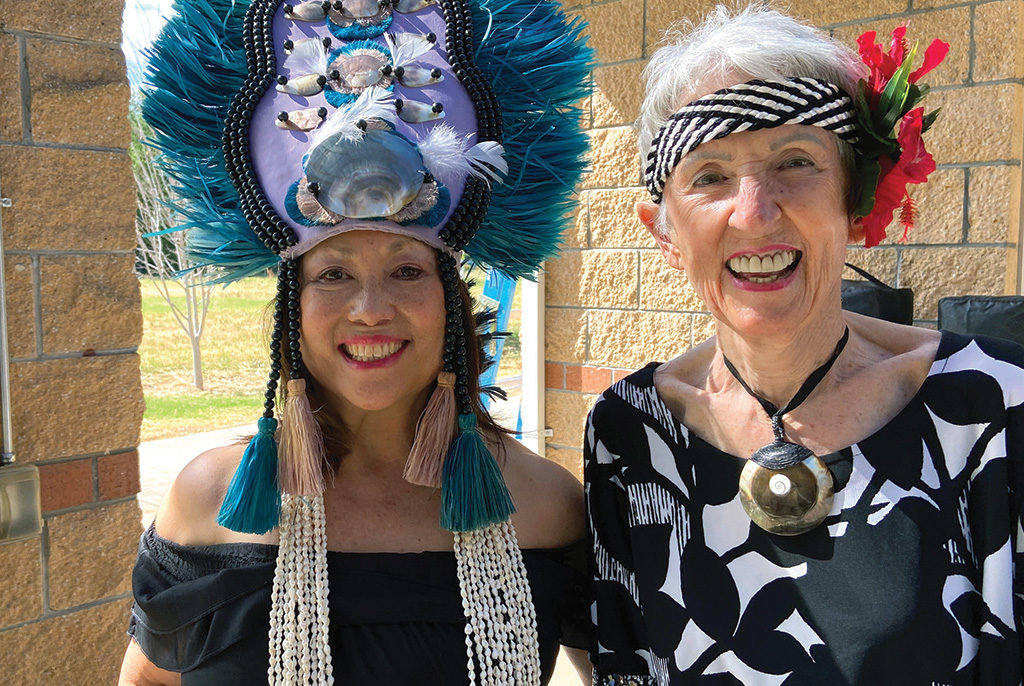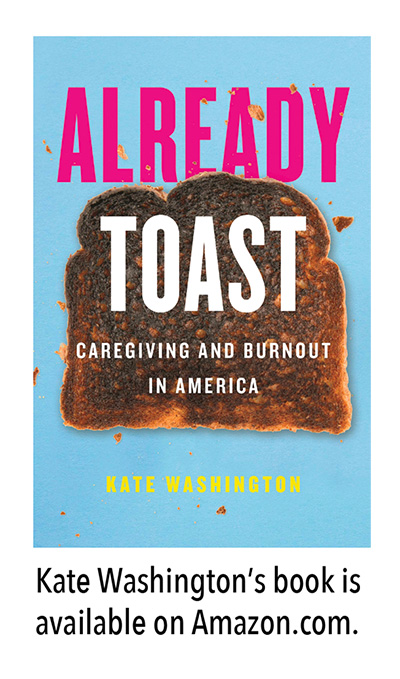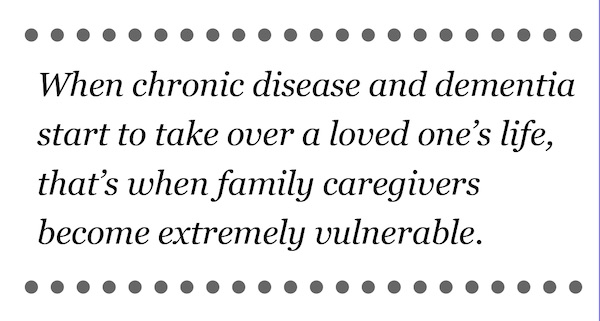ACC’s Big Day of Giving Telethon is on May 4th and 5th this year, and we are going big again. Last year, ACC placed #5 among more than 650 participating non-profit organizations in the Greater Sacramento Area. Our goal this year is to raise $500,000 and take first place on the Big Day of Giving leaderboard.
With your support, we can raise the money needed to fund our ongoing pandemic response measures, expand our most popular home and community-based programs, and introduce new support programs for older adults and their caregivers. One of them is the ACC Care Navigation Program, which helps older adults get access to food, transportation, housing, health care, interpretation, and other services. Another is ACC’s Friendly Visitor and In-Home Respite Program. Please read Soojin Yoo’s recent article to learn more.
Leading up to the Big Day of Giving, we are hosting other “Big Day” events including ACC Big Day of Caring on April 7, ACC Big Day of Pickleball on April 14, ACC Big Day of Cooking on April 21, and ACC Big Day of Golfing on April 27. Except for the golf tournament, these will be livestreamed on Facebook and YouTube.
Planning is also underway for the ACC Walkathon on Saturday, September 17 (tentative). A permit has been submitted to have the walkathon along the Pocket-Greenhaven Greenbelt. The workgroup, Chaired by Wayne Kurahara, is making this an intergenerational event, where young and older people alike will participate in the walk together. Look for more details in the next ACC News.
Plans are also underway for ACC’s 50th Anniversary celebration to be held in October. Jean Chong is chairing the event with the 50th Anniversary Workgroup co-chairs Gloria Imagire, Lori Lee, Jean Shiomoto, and Kala Haley-Clark. Stay tuned for updates.
Last quarter, ACC added several new classes and workshops to its lineup. This included James Scott’s talks on Sacramento’s history, Pachia Vang’s workshop on Hmong textiles, Julie Interrante’s end-of-life workshops, and Maryellen Burns presentation on immigrants and their impact on Sacramento’s food culture. They were well attended and introduced ACC to new segments of older adults. These speakers are well known in the communities they serve and we are fortunate to have them join our online programming. James is the archivist at the Sacramento Public Library and Maryellen Burns is a culinary historian and a prolific author. We also had former mayor Heather Fargo on a review of “We Can Do This!,” a book about the trailblazing political women of Sacramento.
Programs like these truly enrich the lives of our older adults, keeping them connected with ACC. If you watched the livestreams on YouTube, Facebook, and Zoom, you probably noticed Home and Community-Based Program (HCBP) Administrator, Jeri Shikuma, and Program Manager, Dani Lee, introducing our presenters and providing rich, heartfelt commentary. Thank you, Jeri and Dani!
Much has changed at ACC since its founding 50 years ago, but one important thing has not – our innate desire to bring human services to people who fall through the cracks. ACC was started by activists, social workers, and community organizers who developed programs that are still with us today.
In Episode 6 of the ACC History Project, “From One Became Many,” we saw these servants of the people run with their ideas and start new organizations like Health for All, Asian Job Resources, Tanoshimi Kai, and Asian Pacific Community Counseling (APCC). Harold Fong and Raymond Lee broke off and started the People’s Bookstore and then Asian Health Clinic, which today is the Paul Hom Asian Clinic.
Raymond Lee was also the director Asian Job Resources, which was spun off from ACC in 1981. May O. Lee took over this position and changed the name to Asian Resources, Inc. (ARI). Later, ARI incubated and launched My Sister’s House. So, one could say that ARI is a grandchild of ACC!
Even people who just hung around ACC’s Tambara House were apt to start something new. Andy Noguchi and Dean Lan were involved in the startup of organizations like Asian Legal Services Outreach (ALSO) and Asian Pacific State Employees Association (APSEA). Jeff Ogata, who co-hosted Episode 6, writes about this golden era in his recent article.
April is National Volunteer Month, and the Volunteer Services Committee is hosting a Volunteer Appreciation Drive-by Lunch on April 9. We will celebrate our wonderful volunteers who generously donate their time in support of ACC. Many of the ACC Board of Directors will be there packaging the lunches and saying thank you to the volunteers. The Pocket Pickers and the Gracious Ladies of O Kehaula’I Hula will provide entertainment as volunteers drive through to pick up their lunch. The delicious lunch will be catered by My Sister’s Café, a sister organization to ACC. A big, big shout-out and thank you to all our volunteers!
As we noted in the last newsletter, we are in the third year of the pandemic, and we continue to be challenged by COVID-19. Especially with the severe a staffing shortage at our care facilities as we continue to compete with other health organizations for care staff. The ACC Care Center, Greenhaven Terrace Assisted Living, and Maple Tree Village continue to follow the guidelines issued by the California Department of Public Health.
On February 28, 2022, ACC put in place a COVID-19 Vaccination and Testing Policy for all ACC employees. ACC employees must be fully vaccinated by February 28, 2022, with the exception for medical or religious exemptions. All new hires must be fully vaccinated before they can commence employment. Fully vaccinated means, you have received all doses of a COVID-19 vaccine approved by the U.S. Food and Drug Administration (FDA) or the World Health Organization (WHO) and within 15 days of becoming eligible, you have obtained a booster shot. ACC continues to put in place best practices.
We also want to share with you that Greenhaven Terrace Assisted Living had their annual Department of Social Services site Inspection on March 2, 2022, with zero deficiencies. Thank you to Greenhaven Terrace Administrator Yesenia Jones and all the staff for their hard work.
On a sobering note, we are shocked by the War in Ukraine and saddened by the suffering of the people there. Let’s support them any way we can, reminding ourselves that democracy and freedom are hard to win and easy to lose. Many local businesses are supporting relief efforts for Ukraine by donating what you purchase from them go to relief funds. We have done this and the thank you we received from the business owner was heartfelt. You can do this, too. As we go forward, let’s continue to look for ways to identify the humanitarian needs of our community and respond with compassion and action.
